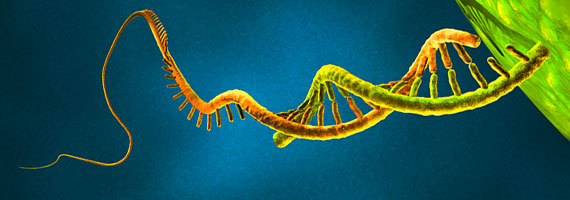Editor’s summary
Genetic argininosuccinate lyase (ASL) deficiency results in excess blood ammonia and downstream neurological and metabolic impairments. Gurung et al. report that ASL deficiency in patients also causes dysregulation of glutathione synthesis. Lipid nanoparticle–encapsulated human ASL mRNA corrected glutathione and urea metabolism and ameliorated liver disease symptoms in a mouse model of the disease. PET imaging of the mice further suggested that [18F]FSPG, as a readout of glutathione synthesis, may have utility in monitoring the extent of disease and treatment response. —Catherine Charneski
Abstract
The urea cycle enzyme argininosuccinate lyase (ASL) enables the clearance of neurotoxic ammonia and the biosynthesis of arginine. Patients with ASL deficiency present with argininosuccinic aciduria, an inherited metabolic disease with hyperammonemia and a systemic phenotype coinciding with neurocognitive impairment and chronic liver disease. Here, we describe the dysregulation of glutathione biosynthesis and upstream cysteine utilization in ASL-deficient patients and mice using targeted metabolomics and in vivo positron emission tomography (PET) imaging using (S)-4-(3-18F-fluoropropyl)-l-glutamate ([18F]FSPG). Up-regulation of cysteine metabolism contrasted with glutathione depletion and down-regulated antioxidant pathways. To assess hepatic glutathione dysregulation and liver disease, we present [18F]FSPG PET as a noninvasive diagnostic tool to monitor therapeutic response in argininosuccinic aciduria. Human hASL mRNA encapsulated in lipid nanoparticles improved glutathione metabolism and chronic liver disease. In addition, hASL mRNA therapy corrected and rescued the neonatal and adult Asl-deficient mouse phenotypes, respectively, enhancing ureagenesis. These findings provide mechanistic insights in liver glutathione metabolism and support clinical translation of mRNA therapy for argininosuccinic aciduria.







